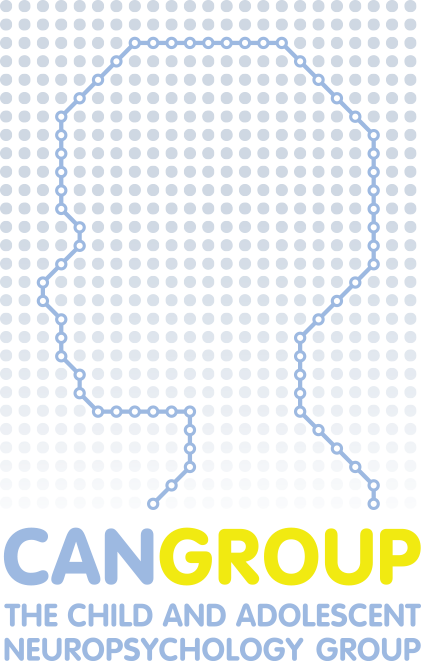Self-Regulation
Emotional and behavioural self-regulation describes a child’s ability to independently be self-aware, manage and control their emotional and behavioural responses to their environment. This allows a child to participate increasingly in learning and social activities, including sitting and learning in the classroom, as well as playing and interacting with their age-related peers. As self-regulation develops, children can manage and deal with increasingly complex situations, and develop problem solving skills to help them achieve the best possible outcomes.
Difficulties in emotional and behavioural self-regulation can occur when a child or adolescent is experiencing mental health concerns, such as anxiety and depression, and when confronted with challenging and emotionally difficult situations. Self-regulation difficulties can present as difficulties sitting and listening in class, becoming easily upset and emotional over relatively minor events, and difficulty interacting and playing with peers. Children who have been diagnosed with neurodevelopmental conditions such as attention deficit disorder, and autism spectrum disorder can also experience self-regulation difficulties in a range of settings and environments. Factors such as hunger, fatigue and over stimulation/excitement can also lead to dysregulation.
Self-regulation deficits can disrupt the development of important neurocognitive, learning and social skill functioning. Good strategies such as modelling good behaviour and offering support and structure and help to problem solve and deal with difficult emotions are of great use to children finding self-regulation challenging. However, when difficulties continue to occur despite intervention and assistance from home and school environments, and continue for an extended period of time, seeking assistance from a neuropsychologist may be helpful.
Request further information
For general enquiries, please complete the form below.
Alternatively, if you require a booking with one of our Neuropsychologists,
please click here to proceed to our referrals & bookings page.

